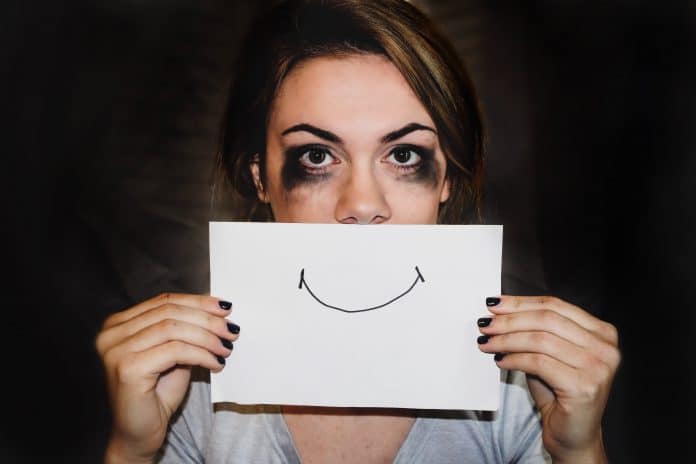How to fight the mental health crisis?
Many youngsters have emotional experiences like depression, panic attacks, or anxiety, especially during the global pandemic and lockdown. We all have times when we feel down or stressed or frightened. Most of the time those feelings pass, but sometimes they develop into a more serious problem.
Early detection of mental illness symptoms helps significantly to prevent further development of the disease. What makes the situation more complicated, is that there’s a stigma attached to mental health problems. This means that people feel uncomfortable about them and don’t talk about their problems.
People with mental health problems are amongst the least likely of any group with a long-term health condition or disability to: find work; be in a steady, long-term relationship; live in decent housing, or be socially included in mainstream society. This is because society, in general, has stereotyped views about mental illness and how it affects people. Stigma and discrimination can also worsen someone’s mental health problems.
Schizophrenia, depression, intellectual disabilities, and disorders due to drug abuse – most of these disorders can be successfully treated. Most people who experience mental health problems recover fully or are able to live with and manage them, especially if they get help early on.
Researches show that awareness of mental health is most effective when it takes place early in a persons’ life. That’s why youth workers and other professionals working with youngsters should be sensitive to any symptoms of mental problems. It’s important especially in the context of growing concerns about current rates of adolescent depression and youth suicide. Suicide is the second leading cause of death in 15-29-year-olds, behind road injury, according to World Health Agency reports.
If you want to learn more about the mental health stigma and find out how can we break it, read the article by Sintija Bernava ”How to Combat Mental Health Crisis?” published by “Donum Animus”.
Related articles:
Emergency Pedagogy – what is it and how to use it in youth work?
Some tips on how to boost your wellbeing – Youth Exchange “Let’s G.R.O.W.”




